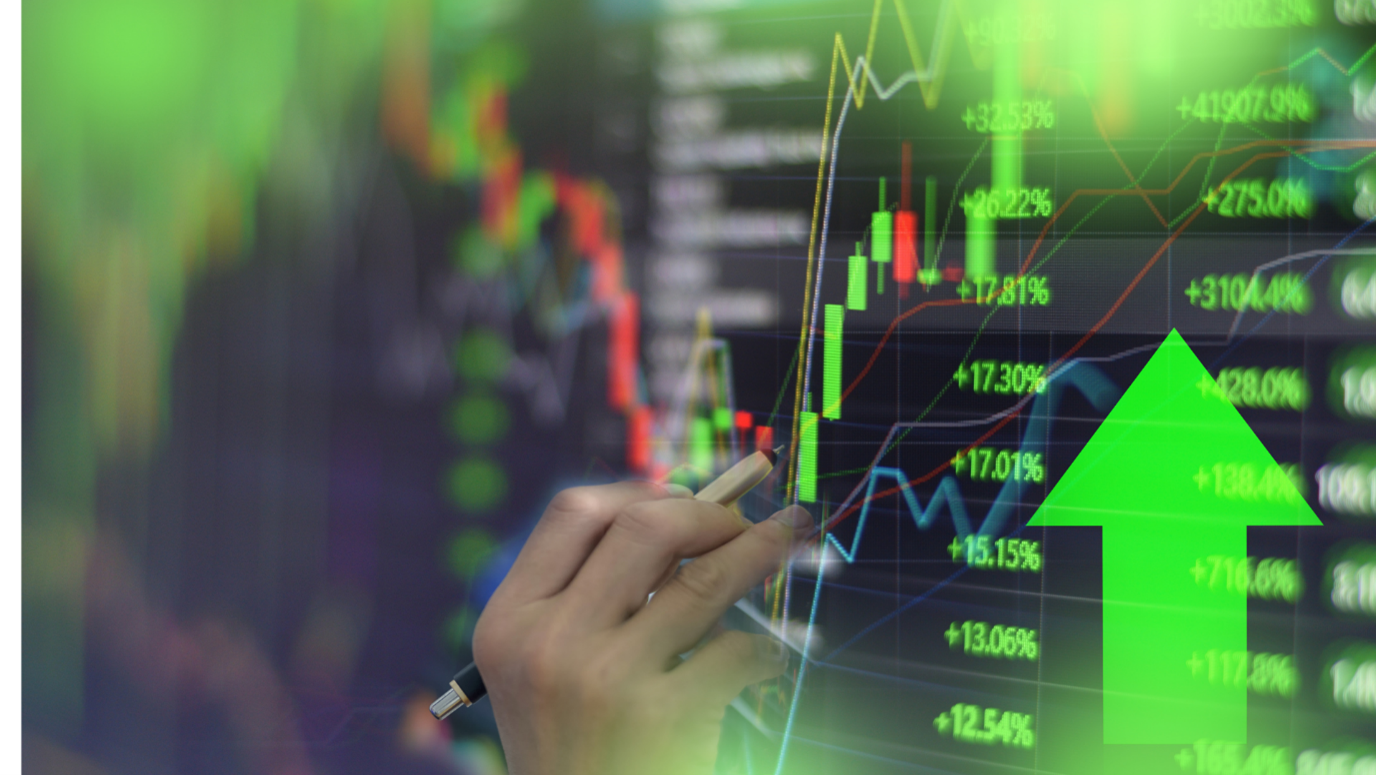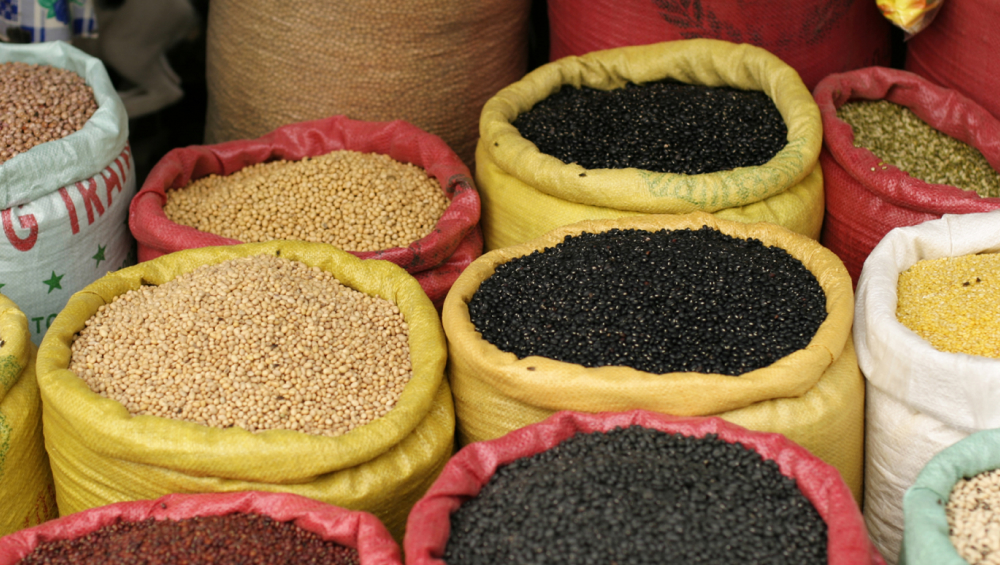What is commodity trading?
Commodity trading refers to the buying and selling of commodities in financial markets. Commodities are raw materials or primary agricultural, energy, or metal products that are traded on dedicated exchanges. Examples of commodities include crude oil, gold, wheat, natural gas, soybean, and copper.
Trading commodities as futures offers investors a unique opportunity to participate in the global commodity markets. By entering futures contracts, traders can speculate on the price movements of various commodities such as agriculture products, oil, gold, wheat, or natural gas, among others.
These contracts provide a standardized way to buy or sell a specific quantity of a commodity at a predetermined price and future date. With the potential for profit from both rising and falling prices, commodity futures trading allows for diversification and hedging strategies. It also provides liquidity, transparency, and accessibility to a wide range of market participants, including individual traders, institutional investors, and corporations.
Why trade commodities?
Trading in commodities serves several purposes. First, it allows producers and consumers of commodities to manage their price risk. For example, a farmer may sell futures contracts for their crop to lock in a favorable price, ensuring stability and reducing the impact of price fluctuations. On the other hand, a manufacturer may buy futures contracts to secure a steady supply of raw materials at a predictable cost.
Secondly, commodity trading provides an avenue for speculators and investors to participate in the financial markets. Speculators aim to profit from price fluctuations by buying contracts when they anticipate prices will rise and selling when they expect prices to fall. Investors may include commodities in their portfolio as a diversification strategy or as a hedge against inflation or other economic risks.

10 most traded commodities
The top 10 most traded commodities represent a diverse range of products that fuel industries, drive economic growth, and satisfy basic human needs.
Here are the top 10 most traded commodities:
- Crude Oil: Crude oil is the most traded commodity globally and serves as a vital source of energy for transportation, manufacturing, and various industries.
- Gold: Gold is a precious metal widely traded for its value as a store of wealth and as a hedge against inflation and economic uncertainties.
- Silver: Silver is another precious metal that is traded for both investment and industrial purposes, including jewelry, electronics, and solar panels.
- Natural Gas: Natural gas is a clean-burning fossil fuel used for heating, electricity generation, and industrial processes.
- Copper: Copper is an essential industrial metal used in construction, electrical wiring, transportation, and manufacturing sectors.
- Wheat: Wheat is a major agricultural commodity and a staple food crop, with trading influenced by factors like weather conditions, global demand, and supply projections.
- Corn: Corn, also known as maize, is a widely traded grain commodity used for food, animal feed, and ethanol production.
- Soybeans: Soybeans are a major agricultural commodity traded for their use in animal feed, cooking oil, and various food products.
- Sugar: Sugar is a widely traded agricultural commodity used in food and beverage production, and its trading is influenced by factors like weather conditions, global supply and demand, and government policies. You can trade sugar futures such as ICE white sugar futures.
- Peanut Kernel: Peanut kernels are one of the most traded commodities due to their versatile uses in food, confectionery, and oil production industries, making them a staple ingredient in various products globally.
The commodity markets are typically divided into two main categories: spot markets and derivatives markets. The spot market involves the immediate purchase and delivery of physical commodities. The derivatives market, on the other hand, involves the trading of financial contracts whose value is derived from the underlying commodity. The most traded derivative contracts in commodity trading are futures contracts, which obligate the buyer and seller to fulfill the contract’s terms at a specified future date.

How to trade commodities?
Orient Futures Singapore offers commodities futures from a range of exchanges such as internationalised products from Shanghai International Energy Exchange (INE), Dalian Commodity Exchange (DCE), and Zhengzhou Commodity Exchange (ZCE), as well as products from Singapore Derivatives Exchange (SGX), Asia Pacific Exchange (APEX), and ICE Futures Singapore (ICE SG) and more.
Internationalised products from Shanghai International Energy Exchange (INE):
- Bonded Copper Futures
- Low Sulphur Fuel Oil Futures
- Medium Sour Crude Oil Futures
- TSR 20 (Rubber) Futures
Internationalised products from Dalian Commodity Exchange (DCE):
- Iron Ore Futures
- RBD Palm Oil Futures
- RBD Palm Oil Options
- No.1 Soybean Futures
- No.1 Soybean Options
- No.2 Soybean Futures
- No.2 Soybean Options
- Soybean Meal Futures
- Soybean Meal Options
- Soybean Oil Futures
- Soybean Oil Options
Internationalised products from Zhengzhou Commodity Exchange (ZCE):
- Pure Terephthalic Acid
- Rapeseed Oil Futures
- Rapeseed Oil Options
- Rapeseed Meal
- Rapeseed Meal Options
- Peanut Kernels
- Peanut Kernel Options
Orient Futures Singapore provides premium customer service to all our clients. Our team will be there for you 24 hours on trading days to provide a one-stop portal for all your trades, with simple processes and an intuitive user interface that has low or near-to-zero latency. Contact us here to start trading for commodities futures.
The Future of Commodity Trading
The future of commodities futures trading is filled with immense potential and exciting possibilities. As technological advancements continue to shape the financial landscape, we can expect to see significant transformations in the way commodities are traded.
Automation, artificial intelligence, and big data analytics are revolutionizing the trading process, enabling faster and more efficient execution, enhanced risk management, and improved market analysis. Moreover, the increasing integration of global markets and the growing demand for commodities from emerging economies present new opportunities for traders to explore.
As sustainability and environmental concerns gain prominence, we may witness the emergence of innovative commodity contracts focused on eco-friendly and renewable resources. Additionally, the rise of digital platforms and blockchain technology is expected to bring transparency, efficiency, and accessibility to commodity trading, opening doors for a broader range of participants. With these advancements, the future of commodities futures trading promises greater liquidity, enhanced market connectivity, and increased participation from investors around the world, making it an exciting and dynamic space to watch and engage in.
Click here to find out more on the future of commodity futures.
Start Trading with Orient Futures Singapore
Being an Overseas Intermediary of Shanghai International Energy Exchange (INE), Dalian Commodity Exchange (DCE), and Zhengzhou Commodity Exchange (ZCE), when foreign clients participate in internationalised futures contracts in these Chinese markets with us, they have direct access to trading, clearing, and settlement. Our parent company, Shanghai Orient Futures, is the largest broker in terms of aggregated volume across the five regulated exchanges in China.
Orient Futures Singapore also currently holds memberships at the Singapore Exchange (SGX), Asia Pacific Exchange (APEX), and ICE Futures Singapore (ICE SG).
We provide premium customer service at an affordable cost to all our clients. Our team will be there for you 24 hours on trading days to provide a one-stop portal for all your trades, with simple processes and an intuitive user interface that has low or near-to-zero latency.




